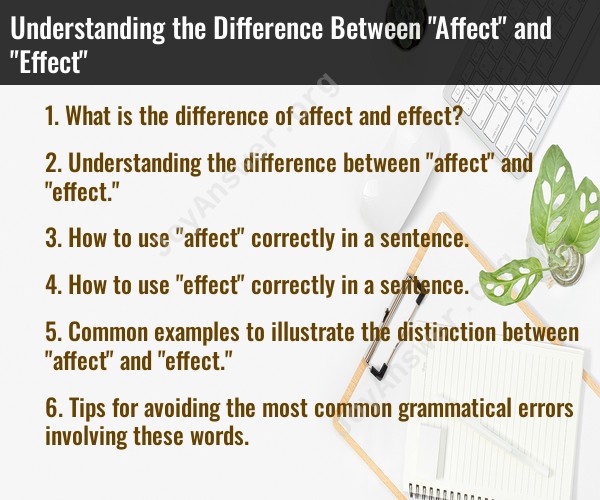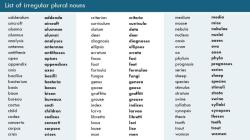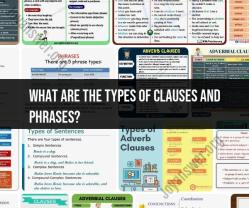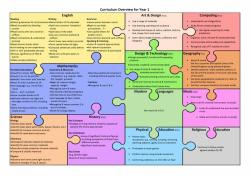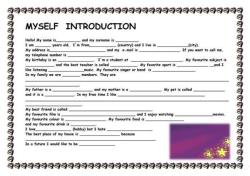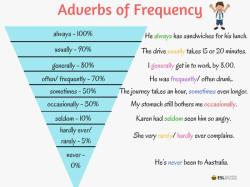What is the difference of affect and effect?
"Affect" and "effect" are two words that are often confused because they sound similar and are closely related in meaning. However, they have different roles and meanings in sentences:
Affect (verb):
- "Affect" is a verb that means to influence, produce a change in, or have an impact on something.
- Example: The rainy weather can affect my mood.
- Example: How you behave can affect your relationships.
Effect (noun):
- "Effect" is a noun that refers to the result, outcome, or consequence of an action or event.
- Example: The new law had a significant effect on the economy.
- Example: The positive effects of exercise on health are well-documented.
To summarize, "affect" is a verb used to describe the action of influencing or changing something, while "effect" is a noun used to refer to the result or outcome of an action or event. Remember this common mnemonic: "Affect" is an "Action" (both start with "A"), and "Effect" is an "End result" (both start with "E").
Understanding the difference between "affect" and "effect"
"Affect" is a verb that means to influence or change something. "Effect" is a noun that means a change that is caused by something.
How to use "affect" correctly in a sentence
- The weather affected my mood. (The weather influenced my mood.)
- The new law will affect businesses in the state. (The new law will change businesses in the state.)
- The teacher's words affected the student deeply. (The teacher's words had a profound influence on the student.)
How to use "effect" correctly in a sentence
- The effect of the new drug was very positive. (The change caused by the new drug was very positive.)
- The special effects in the movie were amazing. (The changes that were made to the movie in post-production were amazing.)
- The side effects of the medication were mild. (The changes that were caused by the medication were minor.)
Common examples to illustrate the distinction between "affect" and "effect"
- The rain affected the outdoor event. (The rain influenced the outdoor event.)
- The new law will have a positive effect on the environment. (The new law will cause a positive change in the environment.)
- The drug had a number of side effects. (The drug caused a number of changes in the body.)
Tips for avoiding the most common grammatical errors involving these words
- A common error is to use "affect" when "effect" is the correct word. For example, "The new law will affect the economy" should be "The new law will have an effect on the economy."
- Another common error is to use "effect" as a verb. For example, "The new drug will effect a change in the patient's condition" should be "The new drug will affect a change in the patient's condition."
To avoid these errors, it is important to remember that "affect" is a verb and "effect" is a noun. If you are unsure which word to use, try to replace it with another word or phrase. For example, "affect" can often be replaced with "influence" or "change," and "effect" can often be replaced with "result" or "outcome."
By following these tips, you can avoid the most common grammatical errors involving the words "affect" and "effect."
